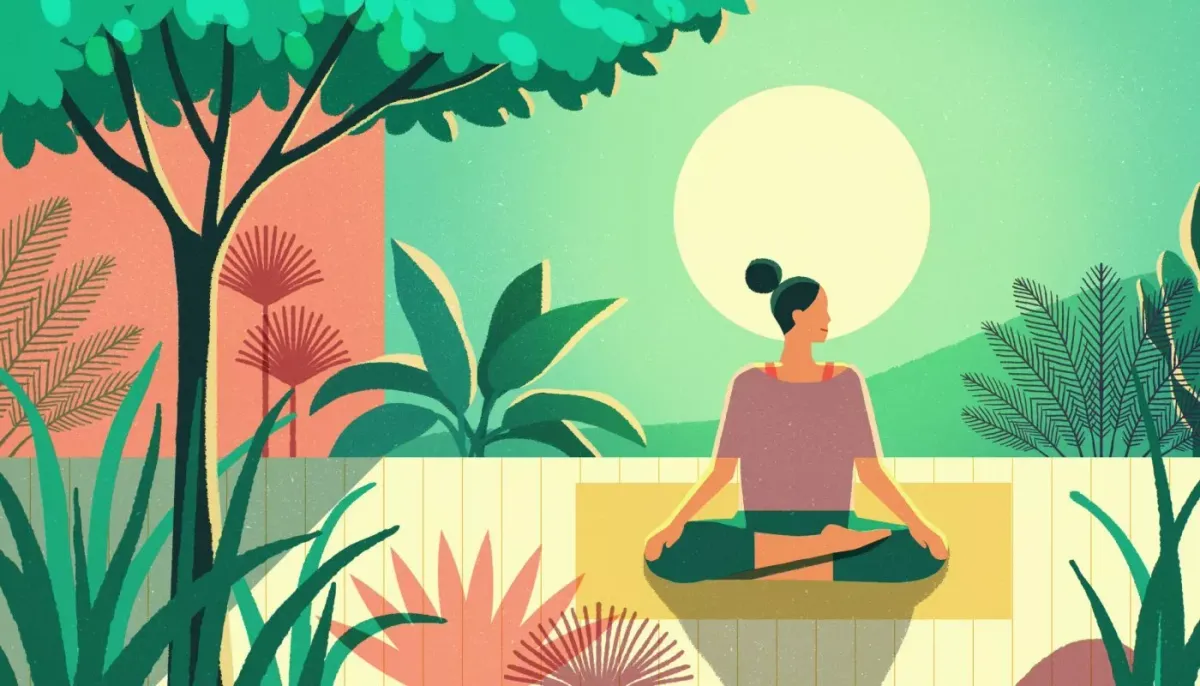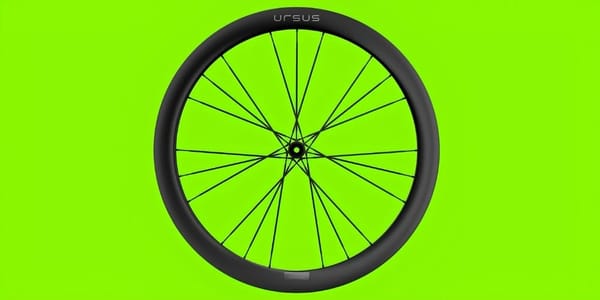Back Away from the Suncreen, Sunshine Might Just Do More Good Than Harm

I often find myself taking heat from family and friends for not wearing a hat, not putting on sunscreen, not putting on long sleeves and pants, etc… when I’m out in the sun. I’ll lather up when I know I’m at risk of burning, but most of the time I’m outside under the sun I don’t worry about it. After all, humans have only lived indoors for a relatively short period of our history.
When I spoke with Weller, I made the mistake of characterizing this notion as counterintuitive. “It’s entirely intuitive,” he responded. “Homo sapiens have been around for 200,000 years. Until the industrial revolution, we lived outside. How did we get through the Neolithic Era without sunscreen? Actually, perfectly well. What’s counterintuitive is that dermatologists run around saying, ‘Don’t go outside, you might die.’”
Writing for Outside magazine, Rowan Jacobsen talks to scientists whose research shows that the current guidelines for protecting ourselves from the sun aren’t just wrong, they’re completely backwards. That’s right, despite the skin cancer risk, we should be getting more sun exposure, not less.
When I spoke with Weller, I made the mistake of characterizing this notion as counterintuitive. “It’s entirely intuitive,” he responded. “Homo sapiens have been around for 200,000 years. Until the industrial revolution, we lived outside. How did we get through the Neolithic Era without sunscreen? Actually, perfectly well. What’s counterintuitive is that dermatologists run around saying, ‘Don’t go outside, you might die.’”
When you spend much of your day treating patients with terrible melanomas, it’s natural to focus on preventing them, but you need to keep the big picture in mind. Orthopedic surgeons, after all, don’t advise their patients to avoid exercise in order to reduce the risk of knee injuries.
Meanwhile, that big picture just keeps getting more interesting. Vitamin D now looks like the tip of the solar iceberg. Sunlight triggers the release of a number of other important compounds in the body, not only nitric oxide but also serotonin and endorphins. It reduces the risk of prostate, breast, colorectal, and pancreatic cancers. It improves circadian rhythms. It reduces inflammation and dampens autoimmune responses. It improves virtually every mental condition you can think of. And it’s free.
These seem like benefits everyone should be able to take advantage of. But not all people process sunlight the same way. And the current U.S. sun-exposure guidelines were written for the whitest people on earth.
Add that to a growing pile of research showing all the interventions (sunscreen, multi-vitamins, etc…) we’ve introduced as health cures over the past 50 years might just be doing more harm than good. I for one will happily ride my bike without feeling the burn of sunscreen in my eyes.





